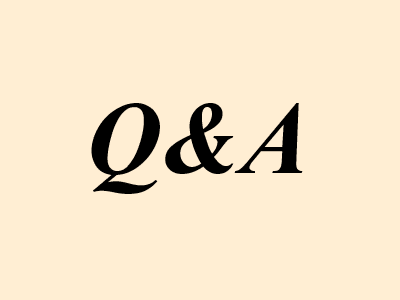Here's a category filled with items you're more likely to encounter on the social work licensing exam than you necessarily might in day-to-day social work practice: Culture-bound syndromes.
The DSM has a long list of syndromes that are typical of people from certain cultures or places. Exam writers may lean toward including them as a way to test for both DSM depth and general cultural awareness. A conscientious exam writer might reasonably be expected to favor the more common of the syndromes--those specific to populations largely represented in the U.S. and Canada--Latinos, for instance (that would include nervios and susto).
You don't need to memorize the whole list of syndromes. Just have a passing acquaintance--enough so that you'll recognize them by name if they do come up on the exam. Here are some handy places to get brushed up on culture-bound syndromes on the web:
Good luck on the exam!
The DSM has a long list of syndromes that are typical of people from certain cultures or places. Exam writers may lean toward including them as a way to test for both DSM depth and general cultural awareness. A conscientious exam writer might reasonably be expected to favor the more common of the syndromes--those specific to populations largely represented in the U.S. and Canada--Latinos, for instance (that would include nervios and susto).
You don't need to memorize the whole list of syndromes. Just have a passing acquaintance--enough so that you'll recognize them by name if they do come up on the exam. Here are some handy places to get brushed up on culture-bound syndromes on the web:
Good luck on the exam!
.jpg)


